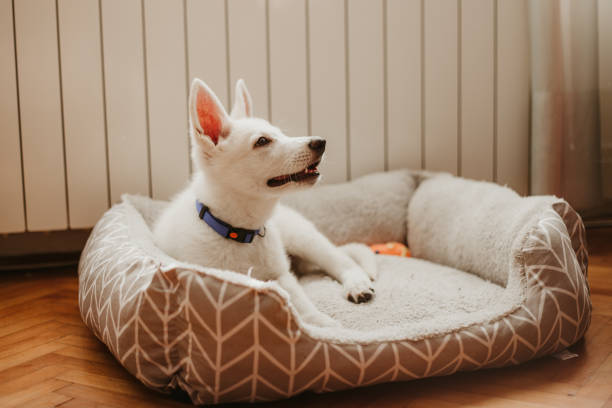How To Solve Litter Box Issues Without Tension
How To Solve Litter Box Issues Without Tension
Blog Article

Cat litter boxes are a crucial part of your feline's every day life, supplying them with a private and comfortable space to look after their organization. With a multitude of choices offered in the market, selecting the ideal litter box can appear challenging. This detailed guide intends to streamline the procedure, using reliable pointers to ensure you select the perfect litter box for your furry buddy.
The primary step in choosing the right litter box is understanding your cat's individual needs. Consider the size of your cat; larger breeds will need more spacious boxes, while kittens or smaller sized felines can handle with more compact choices. Age is likewise an element; senior cats or those with mobility issues may benefit from litter boxes with lower sides for easy gain access to.
There are numerous kinds of litter boxes to select from, each with its own set of advantages. The conventional open litter box is the most common and generally the most budget-friendly option. However, if smell control and personal privacy are top priorities, a covered litter box might be more appropriate. For those seeking convenience, self-cleaning litter boxes automate the cleansing procedure, though they tend to be more expensive and may need your feline to adjust to a new routine.
Litter boxes are made from numerous products, including plastic, metal, and even biodegradable options. Plastic is the most typical due to its cost and ease of cleaning. However, some felines might be sensitive to plastic or dislike the fixed it can create. Metal boxes, while less typical, are long lasting and easy to sterilize. Naturally degradable boxes offer an environment-friendly option however need to be replaced more regularly.
The place of the litter box can significantly affect your cat's desire to use it. Pick a quiet, low-traffic area where your feline feels safe and protected. Prevent putting the box near their food and water, as felines naturally prefer to keep these locations separate. If you live in a multi-story Litter Box Liners home, consider having a litter box on each flooring to accommodate your cat's requirements.
The rule of thumb is to have one litter box per feline, plus one extra. This guarantees that each feline has access to a tidy box at all times, reducing disputes in multi-cat households. The size of the litter box need to also be proper for your cat's size; a bigger cat needs a larger box to easily turn around and cover their waste.
Regular cleansing is important for the health and wellness of your feline. Scoop the litter box everyday to get rid of waste and prevent smells. The entire box needs to be emptied, cleaned up with soap and water, and refilled with fresh litter at least as soon as a month. For self-cleaning litter boxes, follow the producer's guidelines to ensure correct operation.
The type of litter you select can also affect your feline's litter box experience. Clumping litter is popular for its ease of cleaning, but some felines may prefer non-clumping alternatives. Consider odorless litters if your feline is sensitive to smells, and experiment with different textures to discover cat litter what your cat prefers.
If your feline is preventing the litter box, it could be an indication of a health concern, discomfort with package itself, or frustration with the cleanliness or kind of litter. Resolve any health worry about your veterinarian and guarantee the litter box is tidy, accessible, and put in a place cat litter pellets that your feline approves of.
The animal market is continually innovating, offering new options to boost the litter box experience for both cats and their owners. Naturally degradable and non reusable litter boxes supply an eco-friendly alternative to standard plastic boxes. Litter box furniture can camouflage the litter box as a functional piece of home decor, blending effortlessly with your home's visual.
Choosing the right litter box for your cat is a decision that affects their health and happiness. By considering your cat's private needs, choices, and the usefulness of litter box upkeep, you can develop a comfortable and hygienic environment for your feline buddy. Remember, the very best litter box is one that your feline utilizes regularly and easily. With the right approach, you can guarantee that your cat's litter box is a clean, safe, and welcoming area.